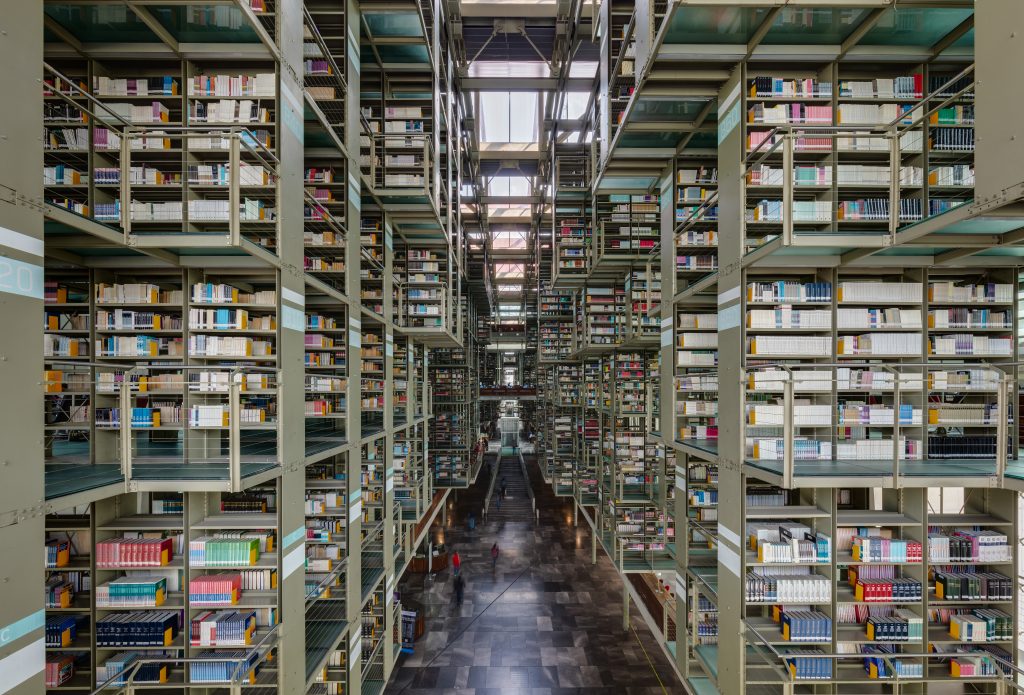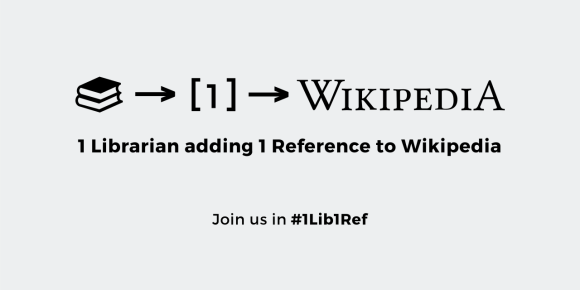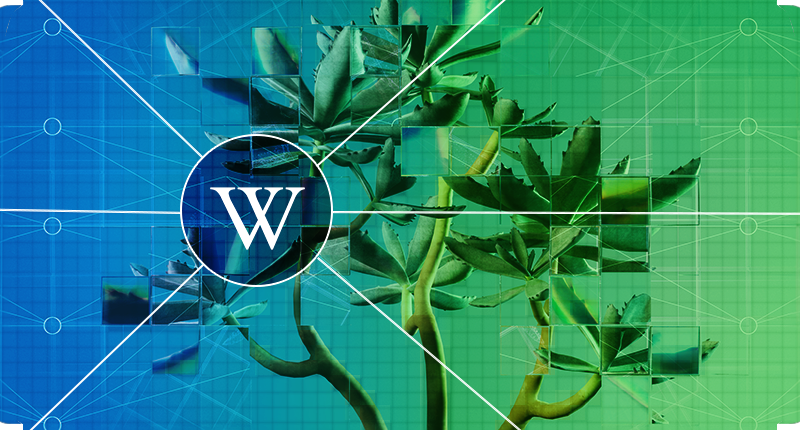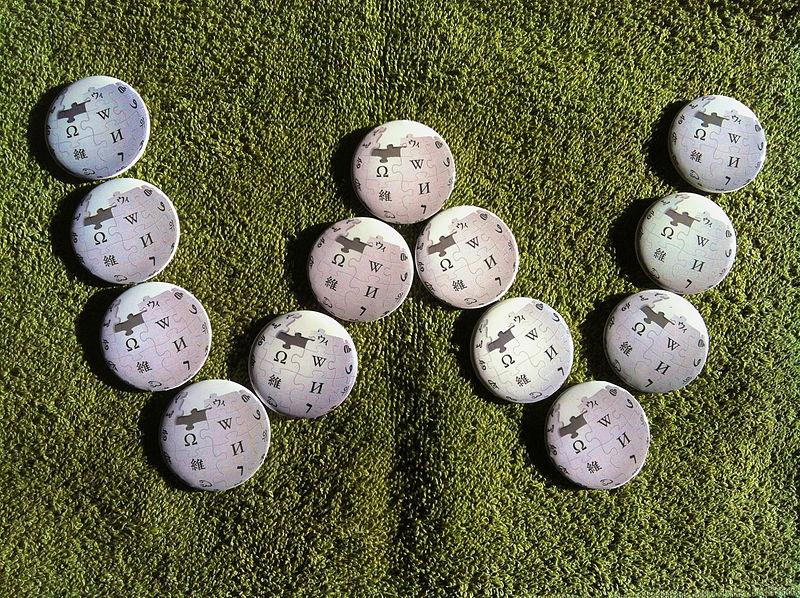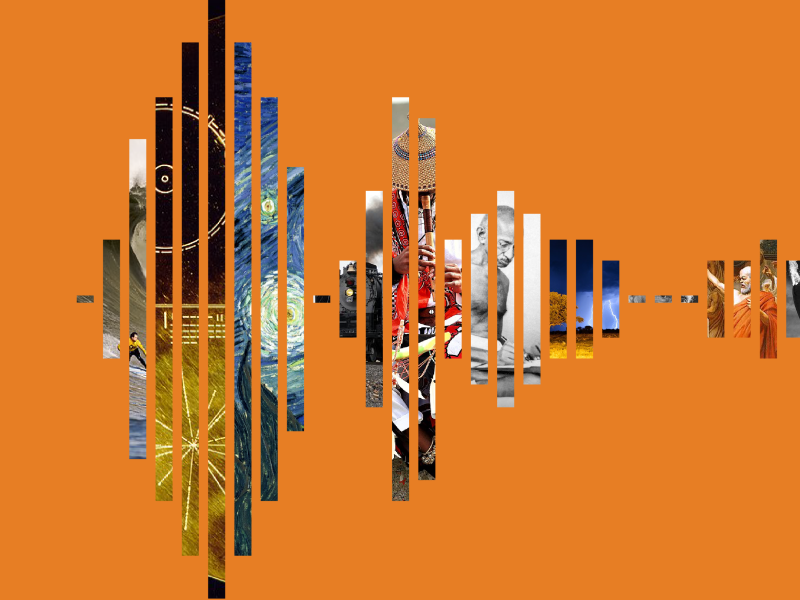Yesterday marked the launch of the third year of the #1Lib1Ref campaign!* The campaign is simple: we invite librarians to give Wikipedia a birthday gift of a citation, helping make sure that information on the encyclopedia is verifiable and grounded in reliable sources.
You can participate in the campaign with five easy steps:
- Find an article that needs a citation, using Citation Hunt
- Find a reliable source that can support that article
- Add a citation using referencing tools
- Add the project hashtag #1Lib1Ref in the Wikipedia edit summary
- Share your edit on social media and invite other librarians to participate!
Video by Felix Nartey/Jessamyn West/Wikimedia Foundation, CC BY-SA 4.0. Due to browser limitations, the video will not play on Microsoft Edge, Internet Explorer, or Safari. Please try Mozilla Firefox instead, or watch it directly on Wikimedia Commons.
The campaign is an opportunity to talk about why libraries and Wikimedians are allies in their mission to share knowledge.
Why Wikipedia and libraries?
Wikipedia is founded on the idea that everyone should have access to the sum of all human knowledge in their own language. To make this possible, Wikipedians have adopted approaches long used by academic and other fields: the citation, requiring facts and information to come from editorially controlled sources, highlighting the disagreement amongst different researchers, and striving for an inclusive representation of the world. These practices overlap very closely with the work that librarians do every day.
Librarians enter librarianship with a group of values: a desire to provide knowledge and access to that knowledge, alongside a desire to ensure that a diversity of kinds of knowledge can be accessed and heard. In 2017, the Wikimedia community went through a movement strategy process and described its direction in much those same terms: Knowledge Service and Knowledge Equity.
Especially in a digital environment that spreads #fakenews, and allows major languages and cultural voices to dominate, building a more diverse, more dynamic knowledge commons for the future requires the collaboration of librarians, Wikimedians and knowledge seekers around the world.
A strong 2017 for libraries and Wikipedia
2017 was an exciting year for Wikipedia collaborating with libraries. Alongside dozens of local initiatives, outreach activities and programs, a number of movement-wide opportunities helped grow the conversation between Wikipedia and libraries:
- In January 2017, we ran the second #1lib1ref campaign: following on the year before, it doubled in both size and language reach, engaging hundreds of librarians in nearly thousands of citations added! Read the report here.
- As part of the #1lib1ref campaign, the International Federation of Library Associations and Institutions and the Wikimedia Foundation published opportunity papers highlighting the potential opportunities for collaboration with the Wikimedia community: see the papers here.
- The WikiCite Initiative met in May 2017 to discuss the use of Wikidata for structured bibliographic information. A significant portion of the attendees represented several dozen libraries. Read the report here .
- In May 2017, OCLC and the Wikimedia Foundation announced that the citation generation engine on Wikipedia supports using both WorldCat IDs and ISBNs. Now Wikimedia projects can use the cataloguing records from librarians around the world, to create citations that lead back to libraries.
- In August at Wikimania 2017, the annual international gathering of Wikimedians, included a number of librarians from throughout the world, a large libraries meetup, and preconference activities at the National Library of Quebec. Questions of how to expand and communicate the importance of Wikipedia for libraries were at the center of many conference sessions.
- In August, the National Library of Wales created a “National Wikimedian” role for long-time Wikipedian in Residence Jason Evans. Read an interview about the change.
- In October, the Association of Research Libraries in the United States announced an initiative to use Wikidata to support enrichment of indigenous knowledge in collections.
- Following a tradition of teaching Wikipedia workshops to librarians around the world (for example, in Catalonia, Spain, Serbia, Argentina, Italy, and many other countries), OCLC’s WebJunction created a MOOC full of educational content focused on public librarians. The project, which included nearly 300 librarians in a 9-week course, is the biggest librarian training to date in the movement. Read an interview about the training.
These activities only highlight the largest scale collaborations between the library community and Wikipedia through the work of local Wikimedia organizations: from Spain to India, Côte d’Ivoire to Canada and Hungary.
Where will Wikipedia and libraries collaborate in 2018?
There are some clear trends in the Wikimedia community towards supporting a greater variety of education and outreach opportunities, increased use of Wikidata to enrich collections and catalogues, and towards building a more diverse and representative collection of knowledge on Wikimedia projects. The future of Wikipedia and Libraries starts with #1Lib1Ref citations, but ends with you: go forth and share your vision of Wikipedia and Libraries through #1lib1ref!
To learn more about the #1lib1ref campaign, check out 1lib1ref.org
Alex Stinson, Strategist, Community Programs
Wikimedia Foundation
*Editor’s note: The #1lib1ref campaign started yesterday, which was a holiday (Martin Luther King Jr. Day) in the United States. We apologize for the delay in posting.
